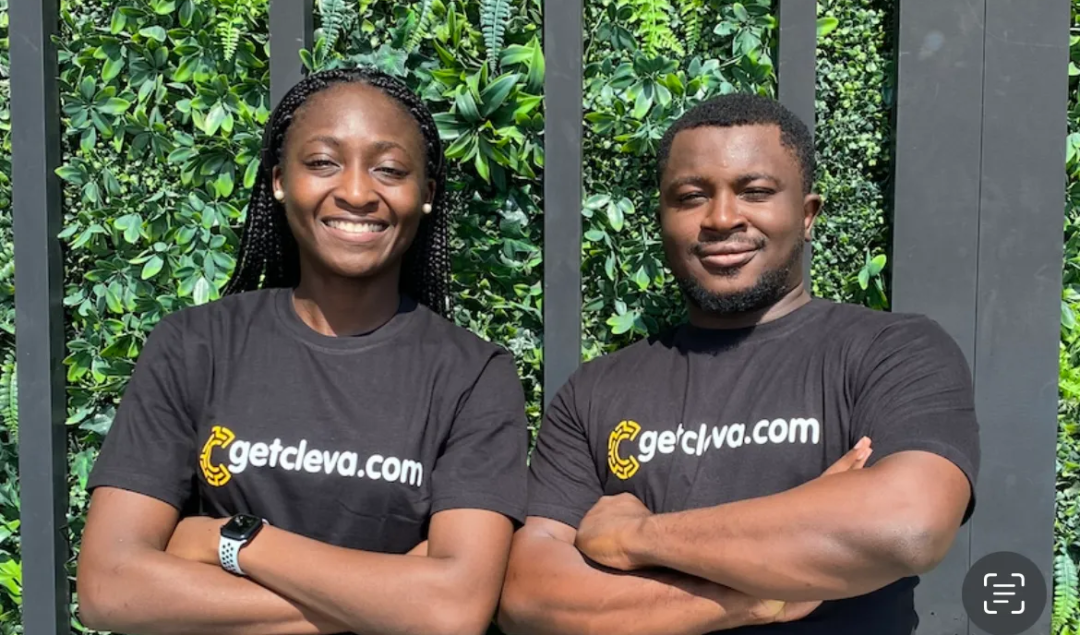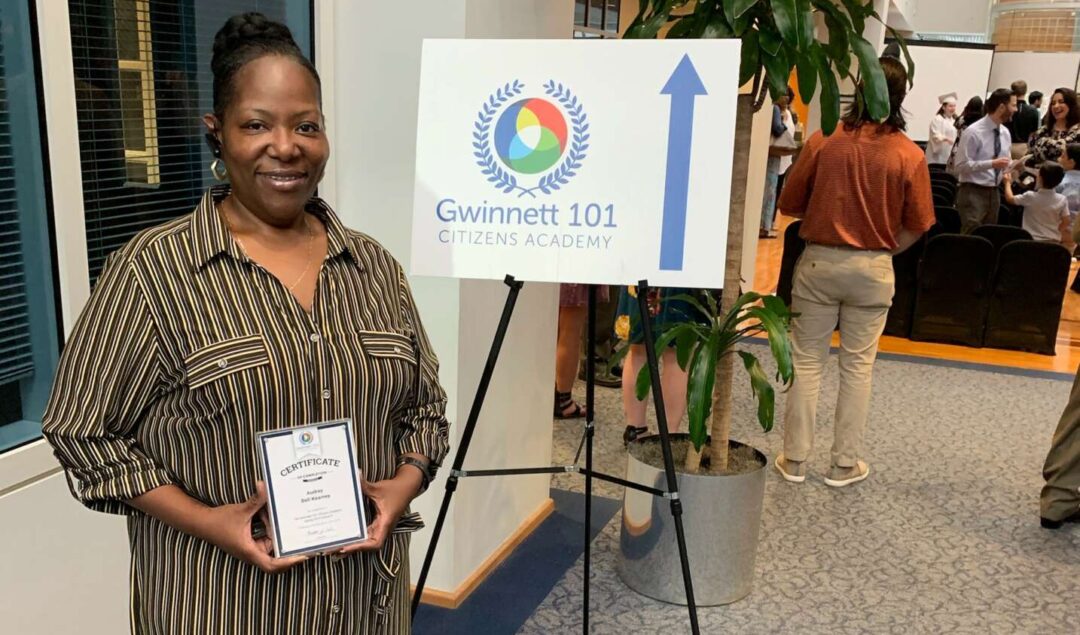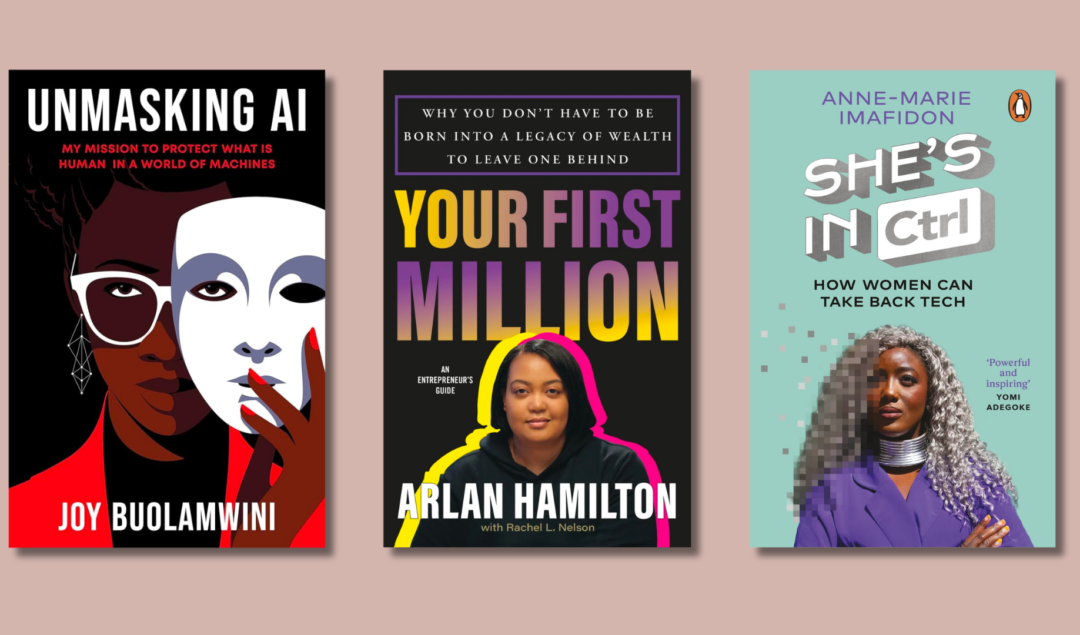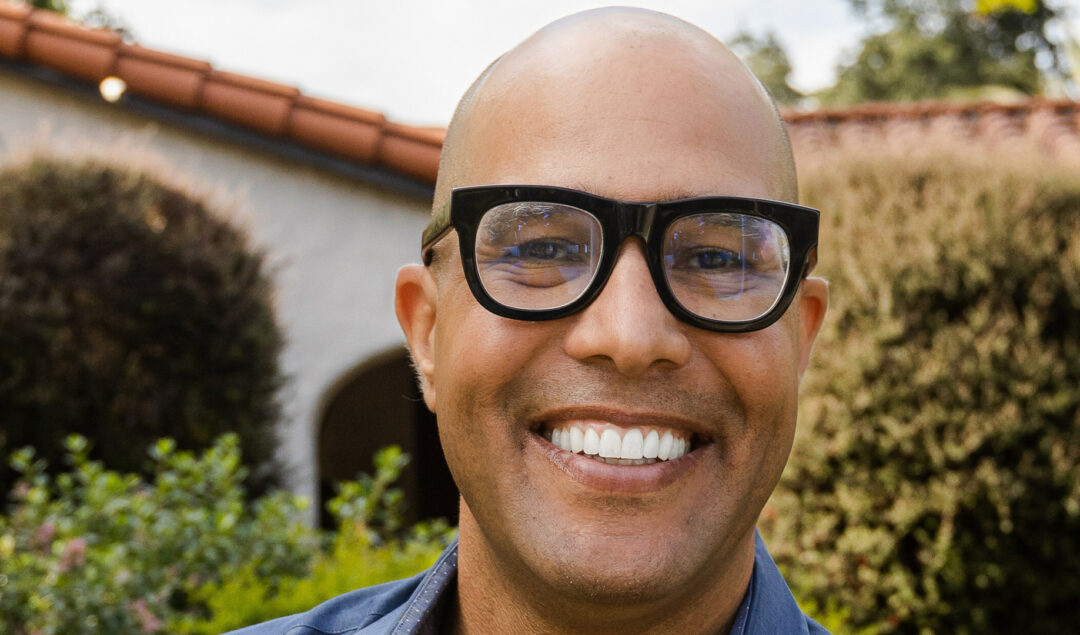Nigerian fintech startup Cleva has raised $1.5 million in pre-seed funding in a round led by San Francisco-based 1984 Ventures. Founded by Tolu Alabi and Phillip Abel, alumni of Stripe and Amazon Web Services (AWS), Cleva’s product provides a way for Africans to navigate hyperinflation challenges. Africans face persistent challenges in receiving international payments for their skills and products. According to the startup, it is estimated that the market for facilitating payments for remote workers and freelancers in Africa will be an $18 billion opportunity. Nigerian Startup Cleva Cleva is a USD banking platform for emerging
Chatbot Engineer Academy has announced the launch of a new initiative to revolutionize the tech job market for low-income individuals. Audrey Bell-Kearney, the dynamic founder and President of the Gwinnett Women’s Chamber of Commerce and a visionary leader in AI, founded the academy with a focus on no-code AI chatbots. A no-code AI chatbot is a tool you can create without learning a programming language first. UpSkill To UpLift Initative Chatbot Engineer Academy has now launched the “UpSkill to UpLift Initiative.” UpSkill To UpLift Initiative is a groundbreaking program that
Black women have always been, and continue to be, at the forefront of tech, driving innovation, raising capital, and challenging inequity. This year, the tech world continues to shift and evolve rapidly. For those wanting to stay ahead of the curve and make their mark in this dynamic world, here are three must-read books by Black women leaders. Your First Million – Arlan Hamilton Arlan Hamilton is the founder and managing partner of Backstage Capital, which has raised more than $10 million while investing in over 100 companies led by people of
ORO Impact, a social impact fintech company, has recently launched a down payment assistance (DPA) platform to transform homeownership throughout the US. ORO Impact The company addresses two national challenges, the first being down payment affordability has put homeownership outreach for many Americans. Secondly, employee tenure is at record lows as employers struggle to attract and retain employees. Homeownership currently reflects racial inequity, with rates for African American and Latino households lagging the national median by 22% and 15%, according to Black News. In many parts of the country, African American
Beauty-tech company Myavana has announced a new retail partnership with retailer Ulta Beauty, along with investments from Prisma Ventures and BrainTrustFund. Myavana is the brainchild of computer scientist Candace Mitchell Harris. Harris founded the company in 2012 with the aim of revolutionizing personal and professional textured hair care through data-driven science and technology. With a deep understanding of the unique hair challenges of women of color and women with textured hair faces, Myavana introduced a suite of innovative textured hair care science and technology products. Read: Myavana Taps AI To Personalize WOC’s Hair Solutions Elevating
Music artist will.i.am and Mercedes-Benz have launched MBUX Sound Drive – a new technology linking drivers’ music to how they drive. Connecting motion and melody Mercedes announced its latest state-of-the-art technology, which uses software that allows music to react to how the car is being driven, creating a relationship between the motion and the melody. MBUX Sound Drive interprets various driving dynamics – such as recuperation, acceleration, steering, and braking – and converts them into musical expressions. The new venture will launch this summer in Mercedes-Benz’s electric EQ models, will.i.am
Former Twitter CEO Parag Agrawal has reportedly raised $30 million in funding for his artificial intelligence startup. Agrawal was the first Indian-origin CEO of Twitter – now X but was ousted from his position following Elon Musk’s $44 billion takeover in 2022. Who is Parag Agrawal? Born in Rajasthan, India, Agrawal immigrated to the US to complete his PhD in computer science at Stanford University. After joining Twitter as a software engineer in 2011, Agrawal worked his way up to the position of Chief Technology Officer for just under a
Y Combinator-backed startup DryMerge has launched its platform that uses AI to write event-driven workflows for developers, businesses, and their customers. Edward Frazer and Samuel Brashears co-founded the startup to address the problems they faced as engineers and founders. In addition to engineering challenges, the pair found that many repetitive operational processes required coordination between SaaS tools and internal infrastructure. This inspired them to build DryMerge to make building solutions for these things as easy as explaining the problem. As easy as a conversation with a co-worker DryMerge uses AI
California Launches Groundbreaking Ebony Alert System To Address Disparities In Missing Black Youths
The Ebony Alert system, created to identify missing Black youths, has launched in California, with other states to follow. Governor Gavin Newsom signed SB 673 – Senator Steven Bradford’s “Ebony Alert” legislation – in September 2023. The law makes California the first state to create an alert notification system addressing the crisis of missing Black children. The technology behind broadcast and mobile alerts has been around for decades, but it’s largely failed to address a minority of the population that the signs are intended to help. “It came about by
Several celebrities, including Quavo, Lil Wayne, Alberto Pujols, and Robert Griffin III, have invested in the Proto platform and its hologram device. Proto delivers a lifelike holographic experience, so viewers see, hear, and interact with others anywhere in the world. It’s the world’s first holographic communications platform with an end-to-end system for creating, managing, delivering, and playback interactive hologram content. Proto Hologram Proto is best known for being the Los Angeles-based provider of a patented hologram device. It is a platform that makes holoportation a reality in enterprise, entertainment, education,













